"The premise here is that by closing the knowledge-experience gaps will assist in each student becoming more confident and self -sufficient and achieve maximum benefit from the program while completing college courses. Students will locate their initial “field of interest” sooner."
REGION 1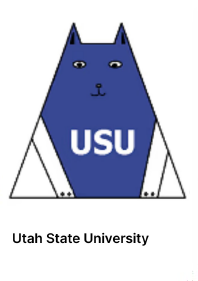 |
REGION 2 |
REGION 3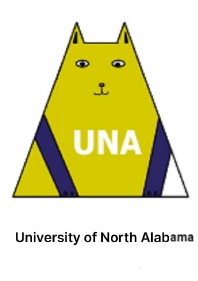 |
REGION 4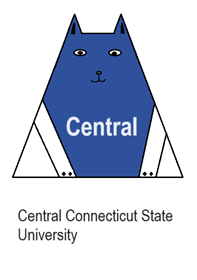 |
REGION 5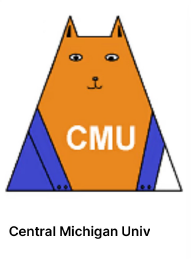 |
REGION 6 - INT'L Cambridge University |
REGION 1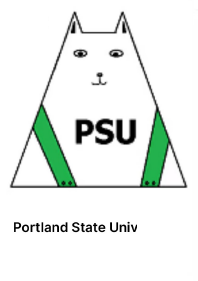 |
REGION 2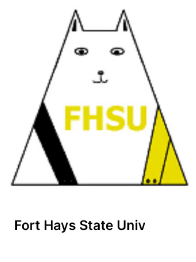 |
REGION 3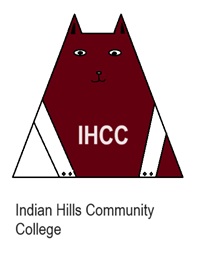 |
REGION 4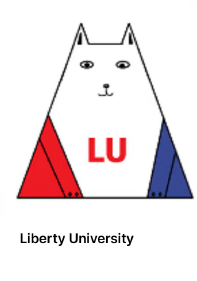 |
REGION 5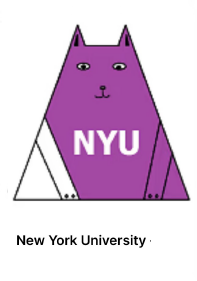 |
REGION 6 - INT'L Cambridge University |
REGION 1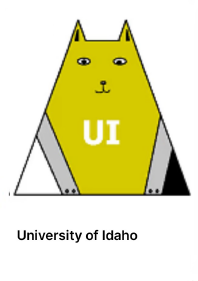 |
REGION 2 |
REGION 3 |
REGION 4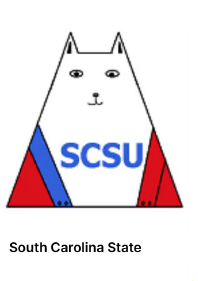 |
REGION 5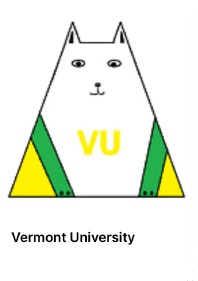 |
REGION 6 - INT'L University of Delhi |
REGION 1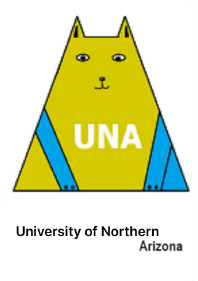 |
REGION 2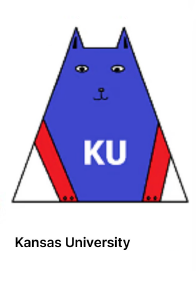 |
REGION 3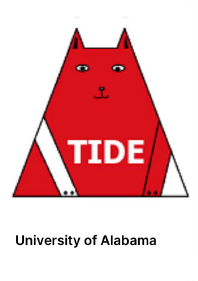 |
REGION 4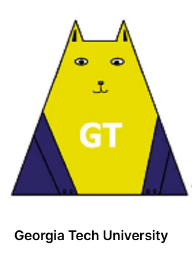 |
REGION 5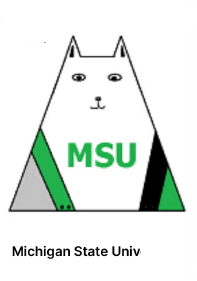 |
REGION 6 - INT'L University of Tokyo |
REGION 1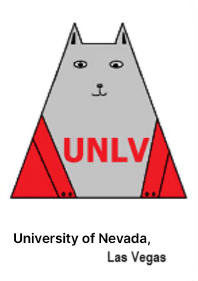 |
REGION 2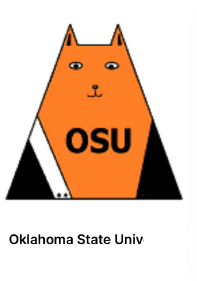 |
REGION 3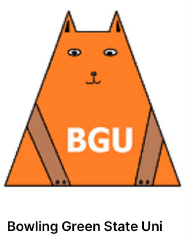 |
REGION 4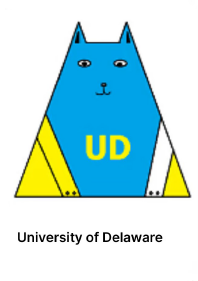 |
REGION 5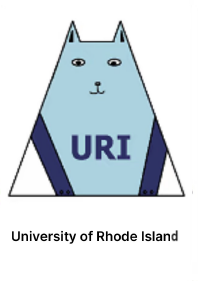 |
REGION 6 - INT'L Heidelberg University |
REGION 1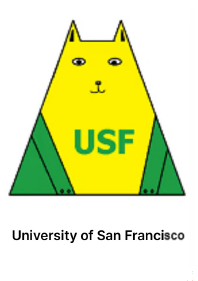 |
REGION 2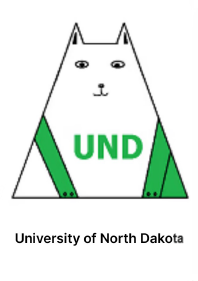 |
REGION 3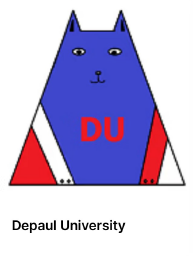 |
REGION 4 |
REGION 5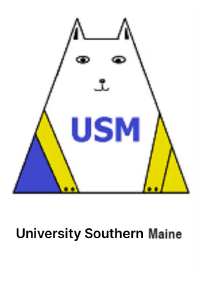 |
REGION 6 - INT'L Copenhagen University |
REGION 1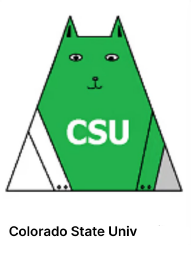 |
REGION 2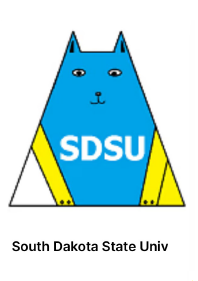 |
REGION 3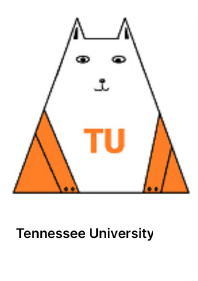 |
REGION 4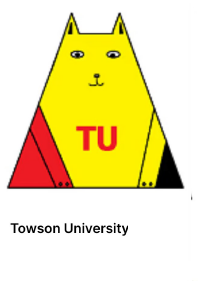 |
REGION 5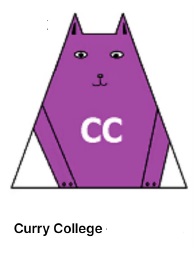 |
REGION 6 - INT'L University of Melbourne |
REGION 1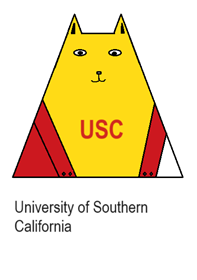 |
REGION 2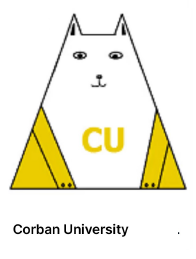 |
REGION 3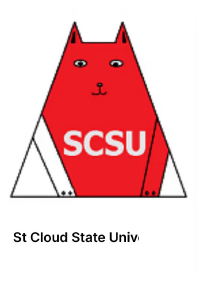 |
REGION 4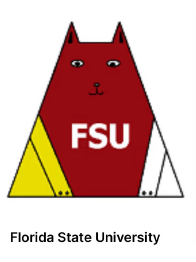 |
REGION 5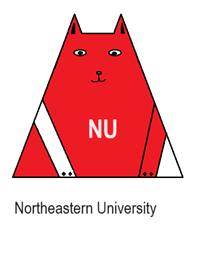 |
REGION 6 - INT'L University of Tokyo |
REGION 1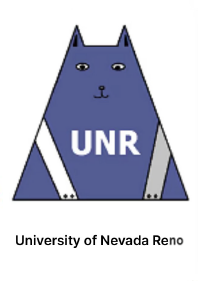 |
REGION 2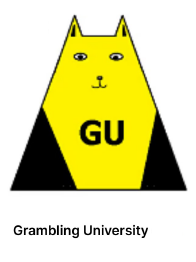 |
REGION 3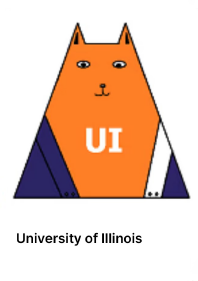 |
REGION 4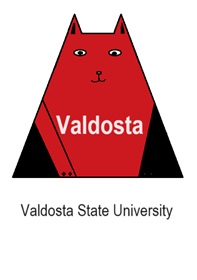 |
REGION 5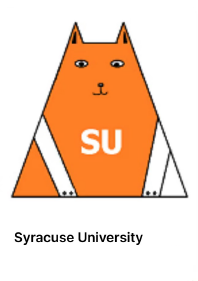 |
REGION 6 - INT'L University of Copenhagen |
REGION 1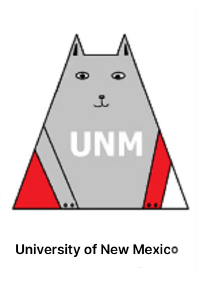 |
REGION 2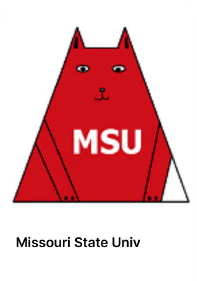 |
REGION 3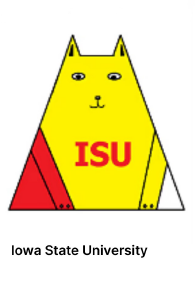 |
REGION 4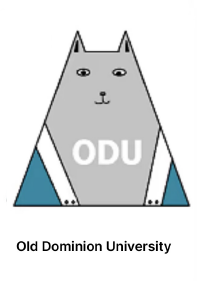 |
REGION 5 |
REGION 6 - INT'L ETH Zurich (Switzerland) |
REGION 1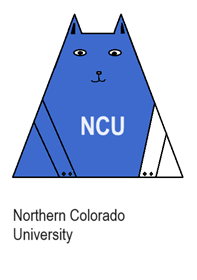 |
REGION 2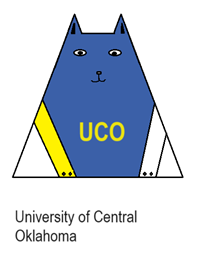 |
REGION 3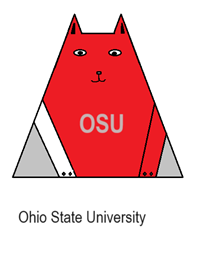 |
REGION 4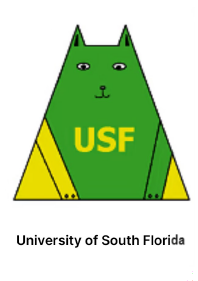 |
REGION 5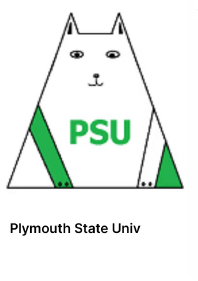 |
REGION 6 - INT'L University of Edinburgh |
REGION 1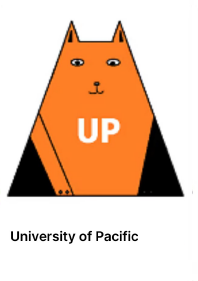 |
REGION 2 |
REGION 3 |
REGION 4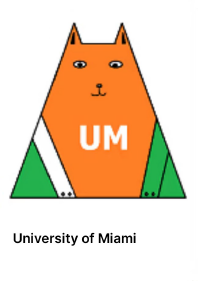 |
REGION 5 |
REGION 6 - INT'L University of Tokyo |
REGION 1 |
REGION 2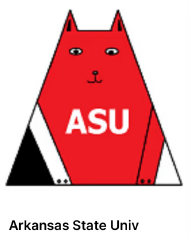 |
REGION 3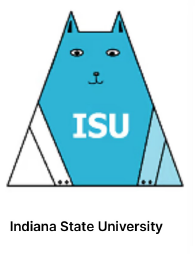 |
REGION 4 |
REGION 5 |
REGION 6 - INT'L University of Copenhagen |
REGION 1 |
REGION 2 |
REGION 3 |
REGION 4 |
REGION 5 |
REGION 6 - INT'L Cambridge University |
REGION 1 |
REGION 2 |
REGION 3 |
REGION 4 |
REGION 5 |
REGION 6 - INT'L University of Tokyo |
REGION 1 |
REGION 2 |
REGION 3 |
REGION 4 |
REGION 5 |
REGION 6 - INT'L University of Copenhagen |
REGION 1 |
REGION 2 |
REGION 3 |
REGION 4 |
REGION 5 |
REGION 6 - INT'L University of Edinburgh |
REGION 1 |
REGION 2 |
REGION 3 |
REGION 4 |
REGION 5 |
REGION 6 - INT'L University of Tokyo |
REGION 1 |
REGION 2 |
REGION 3 |
REGION 4 |
REGION 5 |
REGION 6 - INT'L University of Edinburgh |
REGION 1 |
REGION 2 |
REGION 3 |
REGION 4 |
REGION 5 |
REGION 6 - INT'L Heidelberg University |
REGION 1 |
REGION 2 |
REGION 3 |
REGION 4 |
REGION 5 |
REGION 6 - INT'L University of Edinburgh |
REGION 1 |
REGION 2 |
REGION 3 |
REGION 4 |
REGION 5 |
REGION 6 - INT'L University of Tokyo |
REGION 1 |
REGION 2 |
REGION 3 |
REGION 4 |
REGION 5 |
REGION 6 - INT'L University of Edinburgh |
REGION 1 |
REGION 2 |
REGION 3 |
REGION 4 |
REGION 5 |
REGION 6 - INT'L University of Copenhagen |
REGION 1 |
REGION 2 |
REGION 3 |
REGION 4 |
REGION 5 |
REGION 6 - INT'L ETH Zurich (Switzerland) |
REGION 1 |
REGION 2 |
REGION 3 |
REGION 4 |
REGION 5 |
REGION 6 - INT'L Tokyo University (Japan) |
REGION 1 |
REGION 2 |
REGION 3 |
REGION 4 |
REGION 5 |
REGION 6 - INT'L Cambridge University |
REGION 1 |
REGION 2 |
REGION 3 |
REGION 4 |
REGION 5 |
REGION 6 - INT'L University of Delhi |
REGION 1 |
REGION 2 |
REGION 3 |
REGION 4 |
REGION 5 |
REGION 6 - INT'L University of Tokyo |
REGION 1 |
REGION 2 |
REGION 3 |
REGION 4 |
REGION 5 |
REGION 6 - INT'L ETH Zurich (Switzerland) |
REGION 1 |
REGION 2 |
REGION 3 |
REGION 4 |
REGION 5 |
REGION 6 - INT'L Cambridge University |
REGION 1 |
REGION 2 |
REGION 3 |
REGION 4 |
REGION 5 |
REGION 6 - INT'L University of Tokyo |
REGION 1 |
REGION 2 |
REGION 3 |
REGION 4 |
REGION 5 |
REGION 6 - INT'L Heidelberg University |
REGION 1 |
REGION 2 |
REGION 3 |
REGION 4 |
REGION 5 |
REGION 6 - INT'L University of Tokyo |
REGION 1 |
REGION 2 |
REGION 3 |
REGION 4 |
REGION 5 |
REGION 6 - INT'L Heidelberg University |
REGION 1 |
REGION 2 |
REGION 3 |
REGION 4 |
REGION 5 |
REGION 6 - INT'L University of Copenhagen |
REGION 1 |
REGION 2 |
REGION 3 |
REGION 4 |
REGION 5 |
REGION 6 - INT'L Cambridge University |
REGION 1 |
REGION 2 |
REGION 3 |
REGION 4 |
REGION 5 |
REGION 6 - INT'L University of Tokyo |
REGION 1 |
REGION 2 |
REGION 3 |
REGION 4 |
REGION 5 |
REGION 6 - INT'L University of Edinburgh |



| Career Readiness, Growth, & Development Insights |
|
Experience Builders (NEW): SITE ENGAGEMENT REWARDS - Earn NFT Collectible By Submitting EduTech Course Ideas Budget: $0-$0 -> -> -> |
|
Experience Builders (NEW): Graphics and Web Re-Design Help - Logo Needed Also Budget: $1075-$1500 -> -> -> |
|
Experience Builders (NEW): Earn 25 CPNTcoin - Provide The Correct Answer To The Following Certification Question. Budget: $0-$0 -> -> -> |
|
Experience Builders (NEW): Work w/ Microsoft SharePoint - Considering STudents From Delaware State University and University of Delaware Budget: $500-$750 -> -> -> |
|
Experience Builders (NEW): Earn 25 CPNTcoin - Provide The Correct Answer To The Following Certification Question. Budget: $0-$0 -> -> -> |
|
Experience Builders (NEW): SharePoint Permissions Setup Budget: $50-$200 -> -> -> |
|
|
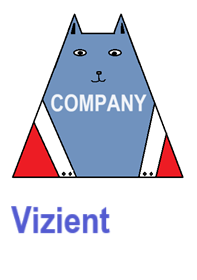 |
|
|
|
Popular Tutorials For Learning: - How To Write A Resume - CompTIA A+ Complete Study Guide -> [Advanced] - Building Dashboards Tutorials - Advanced Microsoft Excel -> [Hands-On] - Windows Powershell Cookbook 3rd Edition - Python Tutorial -> [Hands-On] - How To Use Twitter For Business - View All Tutorials |
Available Cert Exams: Telephone Support Take An Online Exam |
Virtual Courses: On Demand: Internet & Search Engines All Courses (Region 3) |
|
Recent Members' CollabTalk: |
Recent Water Cooler Discussion Topics: Translation Book Editing Other Entrepreneurial Occupations Architechture Webopedia Translation Ready To Contribute? |
|
Term Of The Day: |
| Interactive Analytics |
A: Management and leadership training
Professional certifications
Technical skills training
Teamwork and interpersonal skills training
Employer-subsidized degrees
A: Career development is the progression of short-term steps taken to achieve long-term professional goals. It involves the building of role-specific skill sets, and can include taking night classes, networking, seeking out a mentor and taking on new responsibilities in your current job.
A: organization development, employee development, management development, and career development.
A: Career development is the lifelong process of learning new skills, finding purpose in your work, and advancing along your career path. Career development is different from the development of specific skills, though it often includes this.
A: 1) Time management.
2) Organization.
3) Interpersonal communication
4) Customer service
5) Cooperation
6) Conflict resolution
7) Listening
8) Written communication
A: There are four essential things every professional should look for, in any industry, to find a dream job of their own: the people, the purpose, the product, and the potential..
A: Professional development goals are objectives you can set for yourself to help further your career. These might include taking steps to learn relevant skills, expand your professional network, or find more satisfaction at work.
A: Shift into a new career path
Experience career stability
Advance to a leadership position
Work towards personal development
Earn a certification
Earn a new degree
Earn a promotion
A: Flexibility
Communication skills
Conflict Resolution
Tactfulness
Work ethic
Leadership Skills
Organizational Skills
Creativity Skills
Stress Management
A: The key to career development is building your skills and setting goals for improvement. In general, you should focus on three types of skill areas: functional, self-management and special knowledge skills. In this post, we'll explore why these skills are so important and reveal how they can benefit your career.